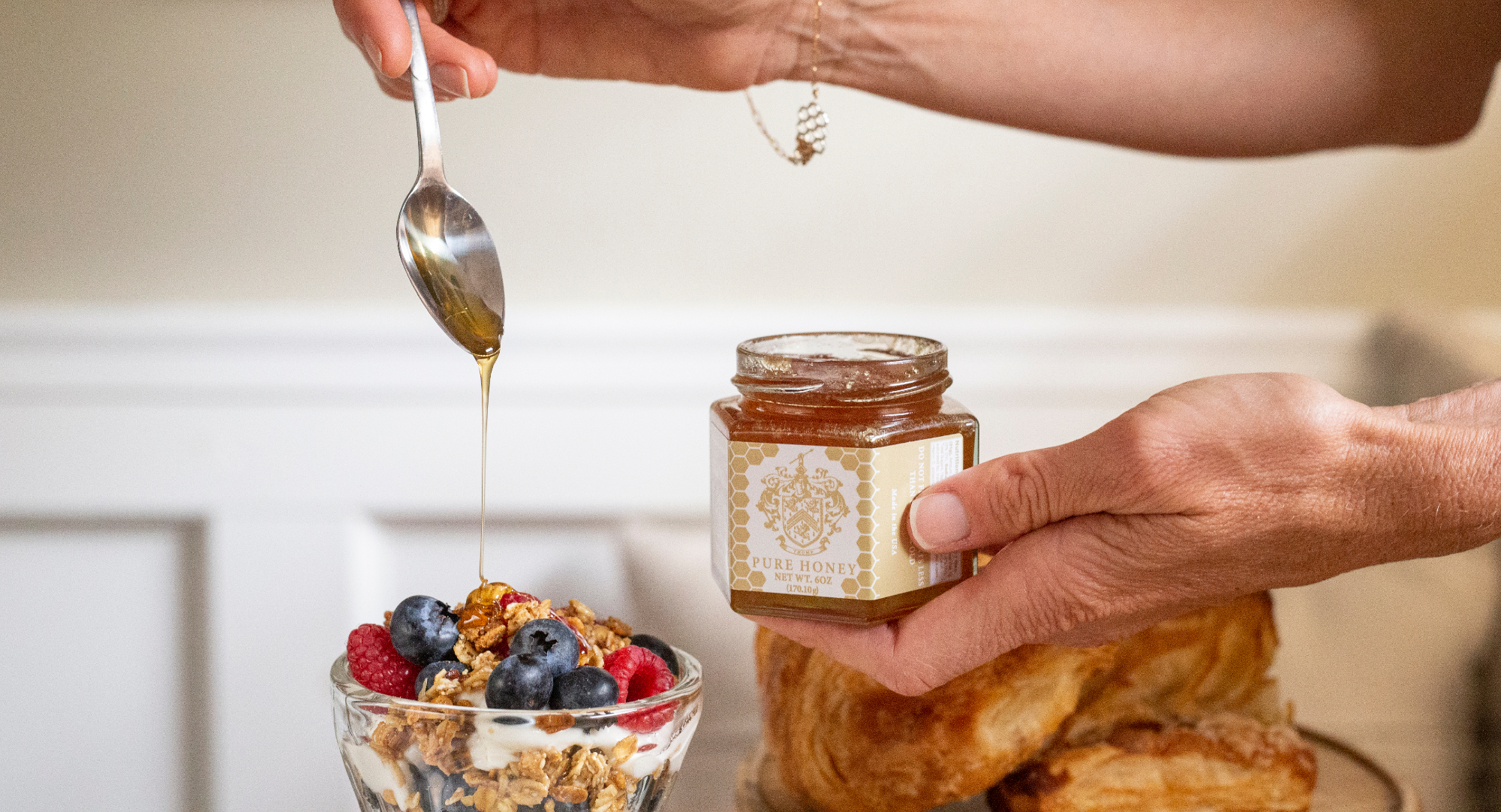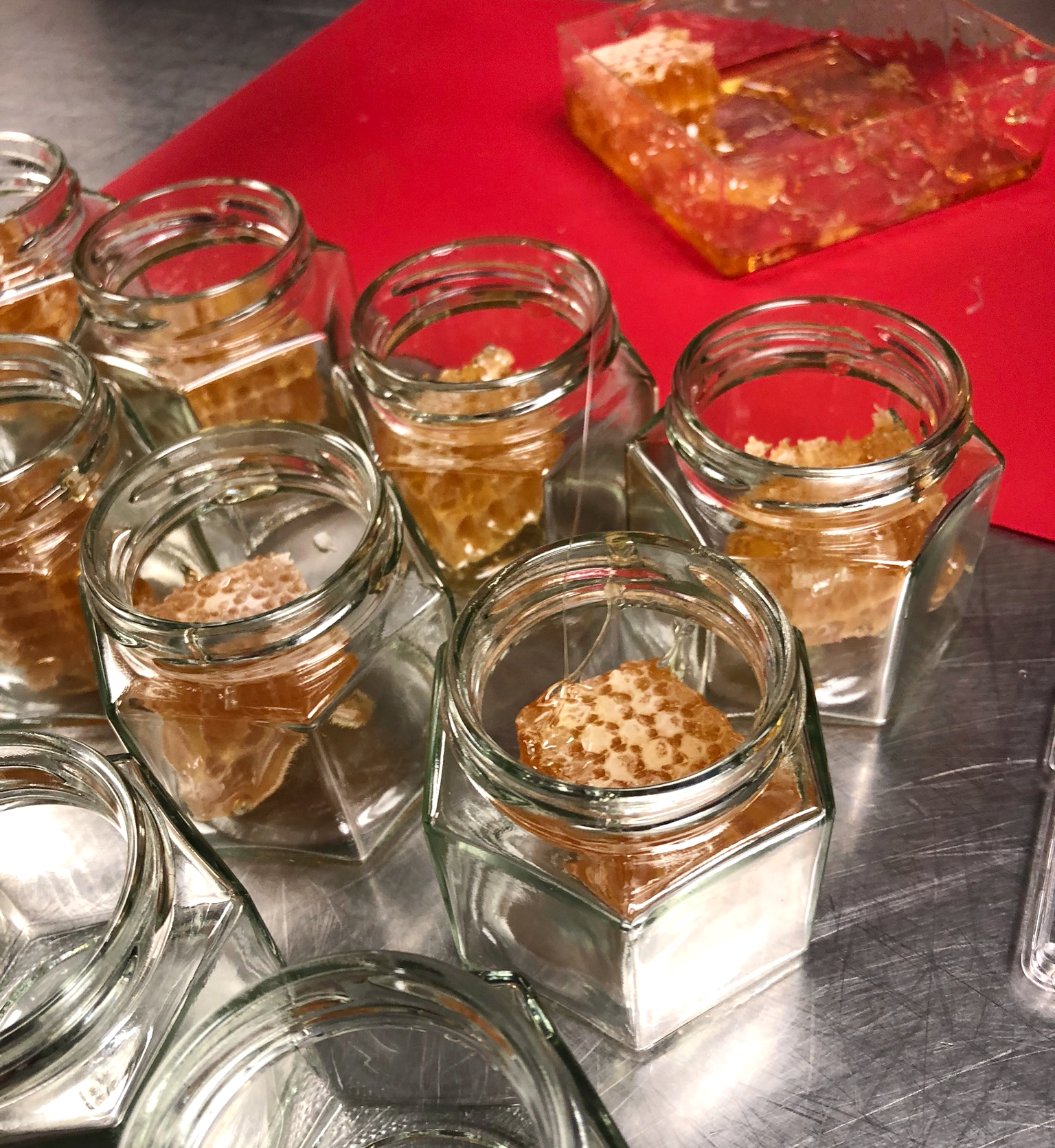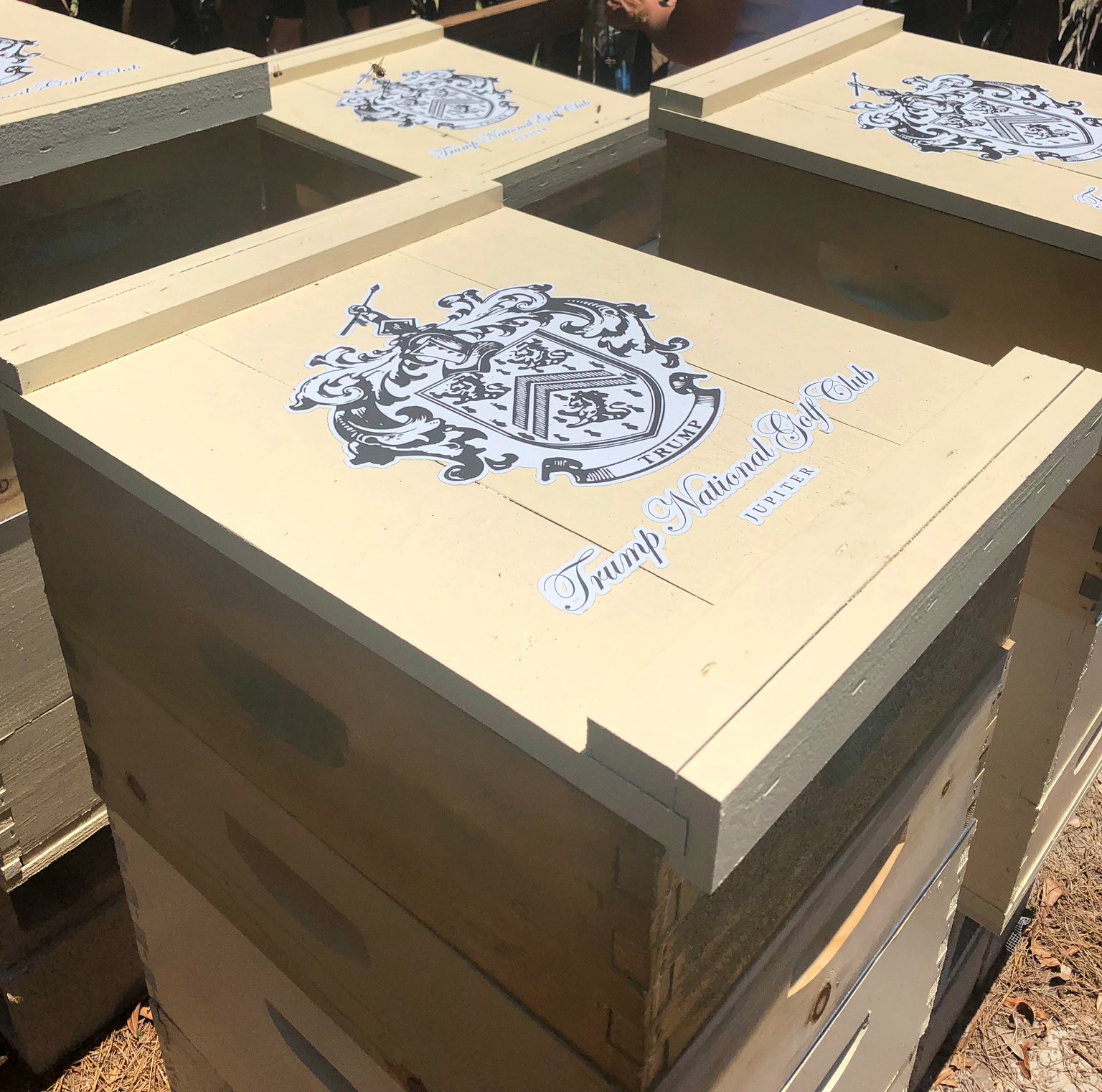Introducing The Vaults at 40 Wall Street
Tucked away in one of the most iconic buildings in all of Manhattan and only steps from the New York Stock Exchange are the newly designed Vaults at 40 Wall Street.

Subscribe to our newsletter and be the first to know about special announcements, exclusive offers, event invitations and breaking news from The Trump Organization (i.e. Trump Hotels, Trump Golf, Trump Store, Trump Winery, Trump Commercial, Trump Realty, Trump Dining & Entertainment, Trump News & History, etc).

Known for its prestigious golf, exquisite amenities and beautiful weather, Trump National Golf Club, Jupiter has some buzz-worthy secrets that may come as a surprise even to its members. As golfers approach the 13th tee box, most line up and scope out their shot with the main focus on how to get as close to the green as possible. It would never cross their mind that just shy of 50 yards to the left of the cart path, in a spot where no ball is likely to land, there are several thousand honey bees hard at work. The soft buzz, unnoticeable as you make your way past, is the vibration of thousands of bee wings in motion.
Trump National Jupiter is a 200-acre coastal plain ecosystem flourishing with native plants and wildlife that adorn the award-winning Jack Nicklaus Signature design 18-hole golf course. It is home to 45 acres of upland and lowland preservation areas, 16 acres of environmentally sensitive wetland areas, and 15 acres of lakes. There are over 65 wildlife species calling this oasis home, one being the European honey bee, a very docile honey bee compared to several of its relatives. As of the spring of 2019, these honey bees have called the golf course at Trump Jupiter home, with four on-course beehives to colonize in --- that's roughly 200,000 to 250,000 bees total amongst the four colonies! .jpg)
Honey is harvested on site from the hives twice a year, once in the spring and once in the fall. Each harvest has its own signature taste and color, such as that of vintage wine. For the spring harvest, the most common source of food for the honey bees on property is the saw palmetto flower, which has a noticeably distinct smoky and citrusy taste. In the summer months leading up to the fall harvest, the honey bees have a variety of native pollinating options available, from sabal palms, brazilian peppertree, and melaleuca trees. The honey that is produced and harvested in the fall is characterized with a much more fluid appearance and creamier taste versus the spring production. To date, more than 500 pounds of naturally-derived honey has been harvested from the four bee hives located at Trump Jupiter, with 365 pounds having been harvested in the first year alone. This honey would later be bottled and branded in-house.
Members, guests and enthusiasts of Trump Jupiter may purchase this liquid gold on the property or online at TrumpStore.com. In addition to selling the packaged honey in their boutique and online, Trump Jupiter has grown to utilize this specialty product in masterfully crafted cocktails, imaginative cuisine, and in their truly one-of-a-kind salon and spa treatments, which reap its health benefits. The Club continues to explore creative and exciting ways to utilize its honey to the fullest potential, all while providing members and guests with an exclusive product and experience.
Installing an apiary was, in essence, a way to pin Trump Jupiter on the "World of Trump" map in a remarkably unique way. Trump Naitonal D.C. has the Potomac River and Trump Ferry Point has the New York City skyline, but no other Trump Golf property aside from Jupiter produces its very own liquid gold: honey.
We invite you to take a deeper look into this sweet venture with Jeff Payer, Trump National Jupiter’s Golf Course Superintendent, and the individual responsible for conceptualizing and overseeing the Club’s bee project.
Q. Where did the idea originate to have beehives on-site, and what was your influence and/or inspiration behind the idea?
A. Back when I was working for Andy Kjos at Trump International Golf Club, West Palm Beach, we had an issue arise where a beehive had swarmed and made its way to the golf course. The location wasn’t very permitting and was unsafe for our members and guests, so we did something about it. Andy called up the local beekeepers association and out came the president, Al Salopek. Al is known locally for being "the bee man." When he visited the property you could immediately tell how passionate he was, and that’s where my inspiration began. Al came and gave this huge lesson and took a very, literal, hands-on approach. He detailed what bees do, what they are, what they do for the environment, as well as the benefits they could pose for a golf course facility such as ours. At the time, I thought it was a really creative avenue that we could approach one day when I became Superintendent.
Q. Why bee hives?
A. Bees are one of those entities in life that most people have a fear of, and for me, it's a way of conquering one of my fears. I think when you're around a beekeeper, they have this innate ability to keep you calm and to teach at the same time. After discussions with the Club’s General Manager, Tony Servideo, regarding the potential of having an apiary on property, he thought it was a great idea and encouraged me to research it. His everlasting support was crucial throughout the whole process. After planting the seed of the idea, and following up with the proper information, the door for this opportunity opened and we seized it!
Q. How many times do you harvest throughout the year?
A. We have two harvests throughout the year. Our larger harvest happens in May or June, known as our spring harvest. After the spring harvest, our beekeeper, Sierra, will re-attach the honey supers (a honey super is a part of the beehive that is used to collect honey). She will then come back and harvest once more in September or October. Prior to harvesting in the fall, our beekeeper will investigate the hives and determine whether or not we can take that honey for the fall harvest or if it should remain to feed the bees over the winter months.
Last year, during the first harvest we pulled 285 pounds of honey, plus another 80 pounds in the fall, totaling 365 pounds of honey in 2019! When compared with other local clubs, our first year of production blew them out of the water – of course, we only have the best bees, right? Trump bees are the best bees!
We hope this venture can be the inspiration for further environmental excellence throughout the Trump Golf portfolio, as well as for current and future generations of members.
Fun Fact: It is always 95 degrees inside of a beehive. All bees work together to maintain this temperature, so that even when it gets to -10 or 110 degrees outside, it is always 95 degrees inside of the beehive. Talk about teamwork!
Learn More About Membership at Trump National Jupiter
Shop The Honey Collection on TrumpStore.com

Tucked away in one of the most iconic buildings in all of Manhattan and only steps from the New York Stock Exchange are the newly designed Vaults at 40 Wall Street.
On behalf of the Trump family and The Trump Organization, we wish you a very merry Christmas and happy holiday season! As 2023 comes to a close, we'd like to take this time to pause and reflect on some of the amazing accomplishments and milestones our organization has achieved over the last 12 months.
Discover luxury redefined at Trump International Hotel & Tower Chicago, named a Five-Star Hotel in Forbes Travel Guide's prestigious 2024 Star Awards. Experience unparalleled elegance and world-class service at our acclaimed five-star hotel in Chicago and indulge in a truly unforgettable experience.